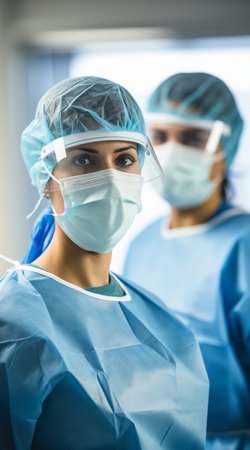The Center for Neurosciences at Felix Hospital, the best neurology hospital in Noida, deals with neurological disorders that can affect the brain, spinal cord, and peripheral nervous system. The state-of-the-art facility is equipped with the latest technology and a team of experienced and top neurologists in Noida. They are backed by neurosurgeons to provide comprehensive diagnosis and neurology surgery in Noida for a wide range of conditions such as stroke, Parkinson’s Disease, multiple sclerosis, and tumors, etc. The team provides round-the-clock services for early management of neurological emergencies like epilepsy and seizure disorders, besides offering world class treatment for brain surgery in Noida & spine surgery in Noida.







